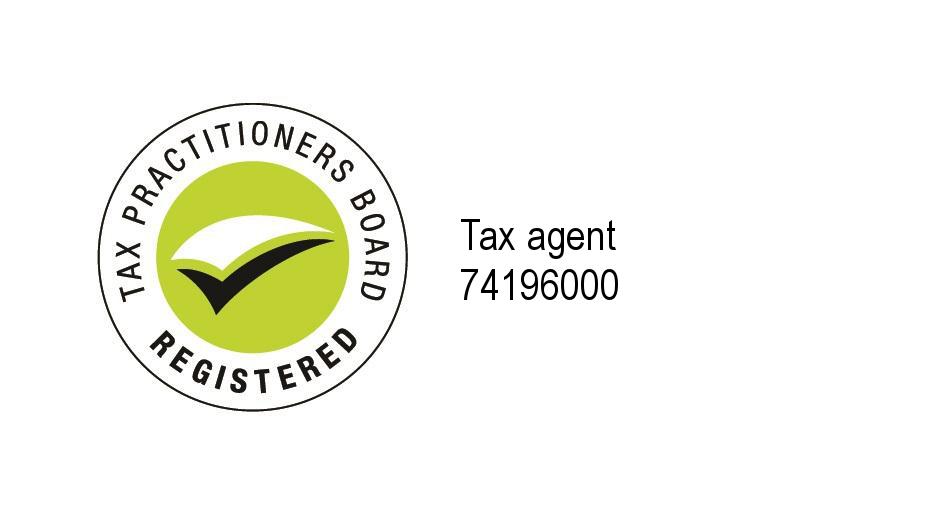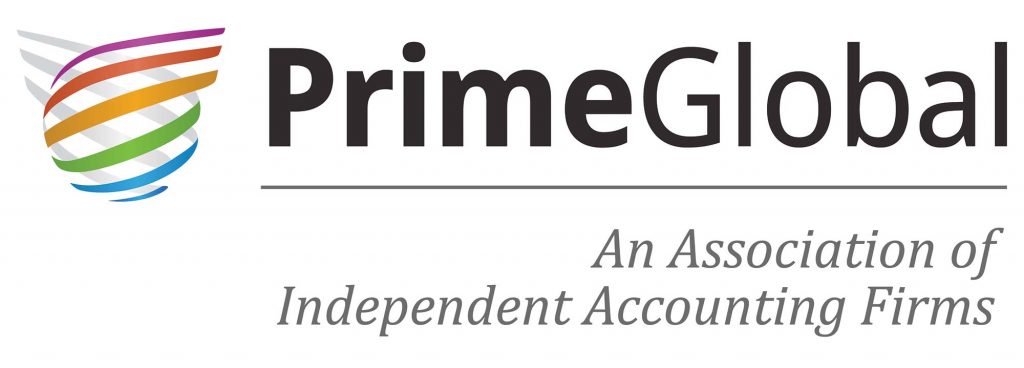Following the announcement in the 2017-18 Budget in May 2017, the Government has now introduced a bill legislating their proposal to remove all benefits of the main residence exemption for taxpayers who are foreign residents at the time of disposal.
The Current Rules
Currently, the main residence exemption will generally apply to disregard a capital gain made on the disposal of a dwelling where the taxpayer is an individual and they used the dwelling as their main residence for the entire ownership period. There are then further rules which can extend the application of the exemption in certain circumstances.
One such extension rule is the ‘absence’ rule, which extends the exemption either indefinitely or up to an additional six years after the taxpayer ceases to use the property as their main residence, depending on whether the dwelling is used for income producing purposes (and assuming no other dwelling is treated as the taxpayer’s main residence).
The ability to claim the exemption is not currently affected by the tax residency status of the individual.
The Proposed Rules
However, under the proposed rules, the residency status of the taxpayer and the purchase date of the dwelling will be key to determining whether the main residence exemption is available.
If the taxpayer is an Australian tax resident at the time they dispose of the dwelling, even if they had been a foreign resident for part of the ownership period, they will be able to apply the main residence exemptions as per usual.
However, effective from 9 May 2017 (when the measures were first announced by the Government), if the taxpayer is a foreign resident at the time of disposal (usually when the contract is signed), the main residence exemption will no longer be available. This is regardless of whether they are an Australian citizen (but not tax resident), have held the property for many years as a tax resident, or if one of the extension rules would otherwise apply (for example, the absence rule).
There are transitional rules that apply in relation to properties held prior to 9 May 2017, that provide foreign resident taxpayers with a small window in which they can benefit from the main residence exemption provisions in the same way as a resident taxpayer. Under these transitional rules, if the foreign resident taxpayer disposes of the property prior to 30 June 2019, they will be able to apply the exemption in the same manner as a resident taxpayer. However, this is only in relation to properties held prior to 7:30pm 9 May 2017. Additionally, if the dwelling is sold after 1 July 2019 and the owner is a foreign tax resident at that time, the entire benefit of the main residence exemption is lost.
If the transitional rules are not available, or not taken advantage of, the only way foreign resident taxpayers will be able to access the exemption is to recommence Australian tax residency prior to disposing of the property.
Most importantly, if a foreign resident taxpayer is not eligible for the main residence exemption at the time of disposal, they lose the entire benefit of the exemption – there is no deemed uplift in cost base or pro-rata for the period they were an Australian tax resident or for the value of the property as at 9 May 2017 (unlike when the general 50% discount was removed for non-residents). Accordingly, foreign residents not subject to the transitional rules will be taxable on the full capital gain arising from the dwelling since acquisition, without access to the full general 50% discount.
The following example from the explanatory memorandum accompanying the legislation makes it clear that prior residency status and application of the absence rule do not provide any concession to access the main residence exemption:
Example 1.2 — Main residence exemption denied
Vicki acquired a dwelling in Australia on 10 September 2010, moving into it and establishing it as her main residence as soon as it was first practicable to do so.
On 1 July 2018, Vicki vacated the dwelling and moved to New York. Vicki rented the dwelling out while she tried to sell it. On 15 October 2019 Vicki finally signs a contract to sell the dwelling with settlement occurring on 13 November 2019. Vicki was a foreign resident for taxation purposes on 15 October 2019.
The time of CGT event A1 for the sale of the dwelling is the time the contract for sale was signed, that is 15 October 2019. As Vicki was a foreign resident at that time she is not entitled to the main residence exemption in respect of her ownership interest in the dwelling.
Note: This outcome is not affected by:
-
- Vicki previously using the dwelling as her main residence; and
- The absence rule in section 118-145 that could otherwise have applied to treat the dwelling as Vicki’s main residence from 1 July 2018 to 15 October 2019 (assuming all of the requirements were satisfied).
Comments from the Senate Committee
The Bill introducing these rules was referred to a Senate Committee for inquiry and report.
Many submissions to the Committee suggested pro-rating the exemption (for example for the period of residency), or introducing grandfathering rules that would allow taxpayers who were foreign residents on 9 May 2017 to continue to apply the absence rules on properties owned prior to this date.
Despite these submissions, the Committee’s response was as follows:
2.32 The committee acknowledges the concerns expressed regarding the changes to the CGT main residence exemption for foreign residents including Australian citizens and permanent residents living and working overseas that may be affected by the changes. The committee acknowledges those people who may be affected by these changes and notes that it is the government’s responsibility to ensure that they are made aware of the changes and the transitional arrangements, so they can plan accordingly.
2.33 With respect to the capital gains tax incentive for investments in affordable housing, the committee notes that this measure is part of a broader package of measures to address housing affordability. As such, the committee supports the government’s broader housing affordability plan, in particular, the establishment of the National Housing Finance and Investment Corporation.
Recommendation 1
2.34 The committee recommends that the Australian Government ensures that Australians living and working overseas are aware of the changes to the CGT main residence exemption for foreign residents, and the transitional arrangements, so they are able to plan accordingly.
Recommendation 2
2.35 The committee recommends that the bills be passed.
Considerations
The potential implications for Australians living and working overseas, both currently and in the future, are significant, particularly given an effective retrospective application of the proposed legislation.
Many Australians living overseas may now find themselves with a huge potential capital gains tax liability that they were not anticipating on the sale of their former main residence. This is compounded by the fact that many will be unable or unwilling to dispose of their properties, or return to Australia, in time to allow them to take advantage of the exemption.
Taxpayers who may be affected by the above measures will need to consider their circumstances and whether there is a way to manage the impact of the above measures, noting that it is possible (if unlikely) that the current version of the Bill could change prior to being enacted.


